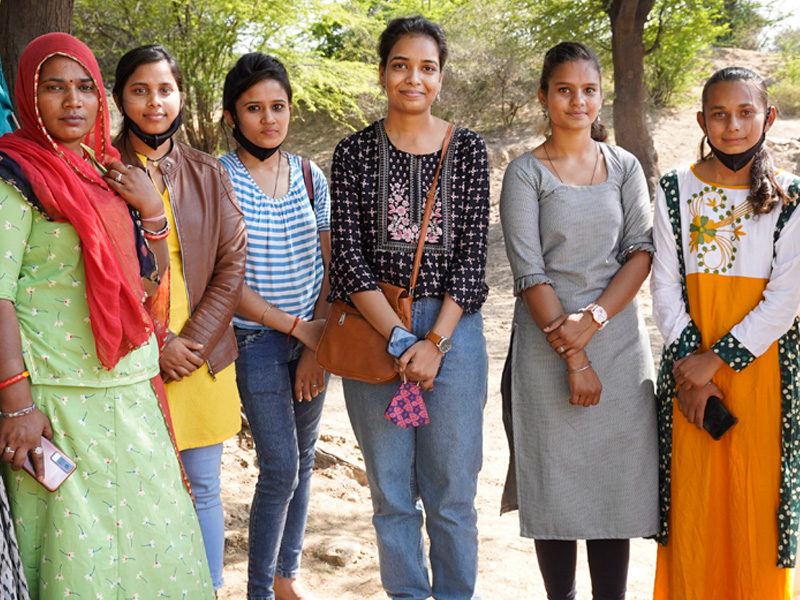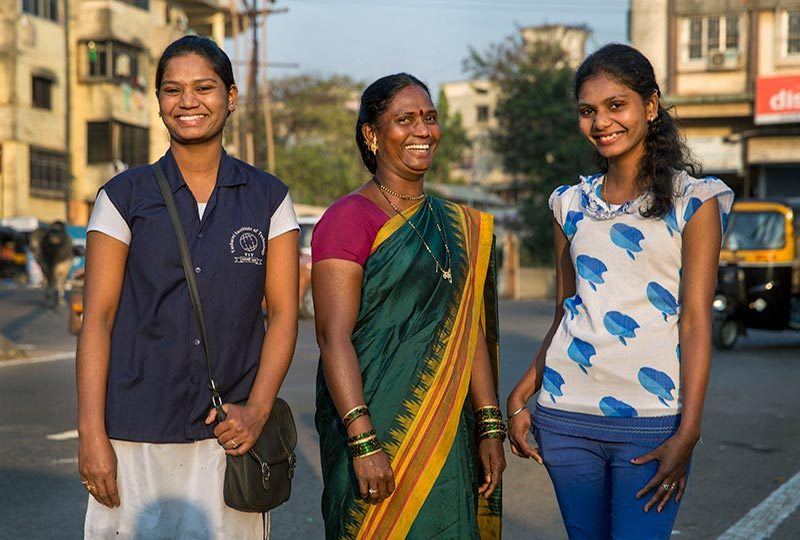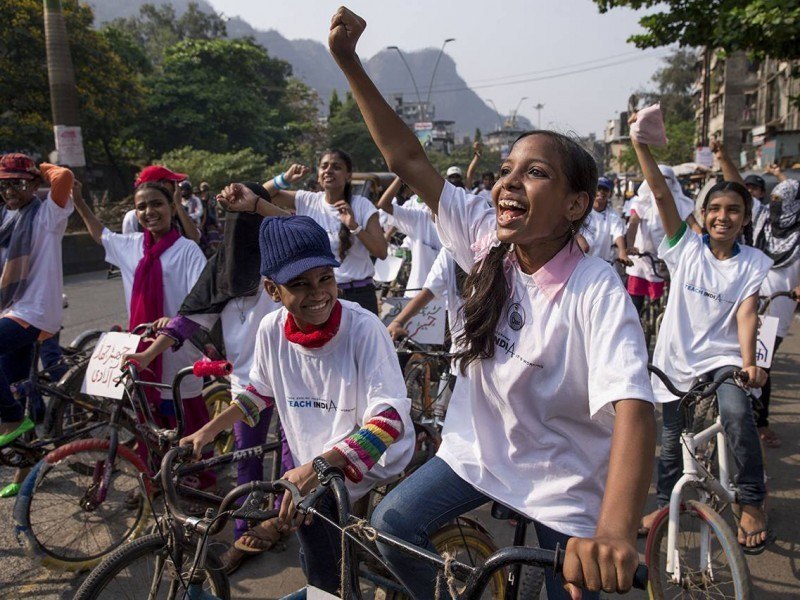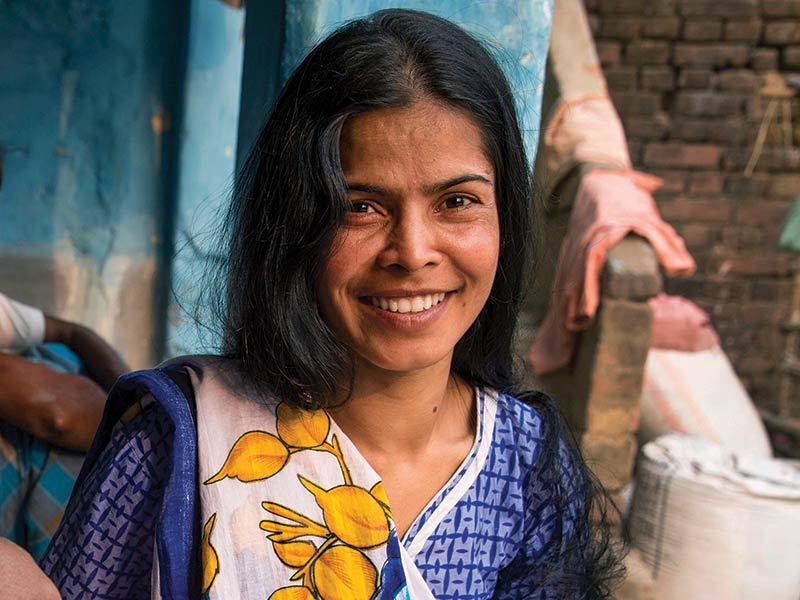By Margo Mullinax, PhD, and Elizabeth Daube
The 2018 Commission on the Status of Women is underway at the United Nations this week, and at AJWS, we’ve just launched a new video for the occasion. “When Women Lead: Manju’s Story” explores one compelling way of making women’s rights a reality: electing them into public office.
That’s what happened for Manju Kumari. At 23, Manju is already a sarpanch, the elected head of her rural village—and one of a rising number of young women in India filling these political positions. Given that women currently hold just 24 percent of parliamentary seats worldwide, the increase in women’s local leadership in India represents important progress toward realizing gender equality, which is critical to achieving the Sustainable Development Goals.
India’s government has long reserved a third of local leadership seats for women. In addition, some Indian states—including Rajasthan, where Manju lives—have recently added new educational requirements for local leaders. Many older villagers don’t meet the new education criteria, which means more educated young women like Manju are stepping in to fill elected positions in their villages.
Barriers to Power: Beliefs About What Women Can Do
Unfortunately, electing women to public office does not necessarily guarantee increased autonomy, mobility and opportunity for women. The power dynamics that underlie gender inequality can be difficult to shift—and they’re fueled by beliefs held not only by men, but by women, too.
Globally, only 52 percent of women who are married or in a union make their own decisions about sexual activity, contraceptive use and health care. In 18 countries, husbands can legally prevent their wives from working.
Especially in rural areas of India, young women often face an uphill climb when negotiating with their families for control over day-to-day freedoms, let alone bigger decisions—like whether to stay in school or to marry. This limited control plays out in many ways. About 38 percent of women in rural India have money that they can decide how to use, and just half report that they’re allowed to go to a market by themselves.
Supporting Women to Lead for Lasting Change
To begin making changes that empower women and girls in meaningful ways, newly elected officials often need significant support. That’s where The Hunger Project, an AJWS grantee, comes in. They offer training programs that help women like Manju build effective leadership skills and develop new perspectives on the discrimination and harmful beliefs they’ve encountered for years.
“Boys have the opportunity to do anything, but girls can’t,” Manju said. “I never thought that women could progress.”
With help from The Hunger Project, Manju is challenging traditional ideas of what women can do with their lives in rural Rajasthan. Now, she’s setting up new services for girls throughout her community—and inspiring them to pursue new opportunities, instead of conforming to social pressures to marry young and begin having children as soon as possible.
Manju isn’t alone in making a real difference for her community. A survey of villages in Maharashtra found that women sarpanchs significantly increased the availability of public services compared to male sarpanchs—even though the men tended to have better political connections, not to mention more education and financial resources.
“The villagers who voted for me support me,” Manju said. “I don’t want to let them down.”
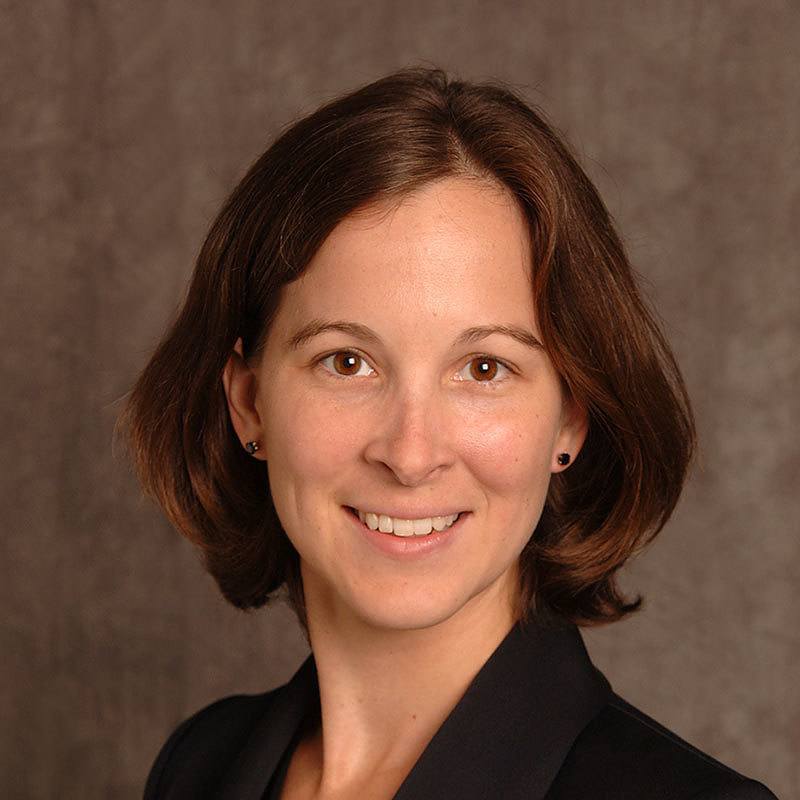 Margo Mullinax is the Associate Director for Strategic Learning, Research and Evaluation at AJWS.
Margo Mullinax is the Associate Director for Strategic Learning, Research and Evaluation at AJWS.
 Elizabeth Daube is a Senior Communications Officer at AJWS.
Elizabeth Daube is a Senior Communications Officer at AJWS.


